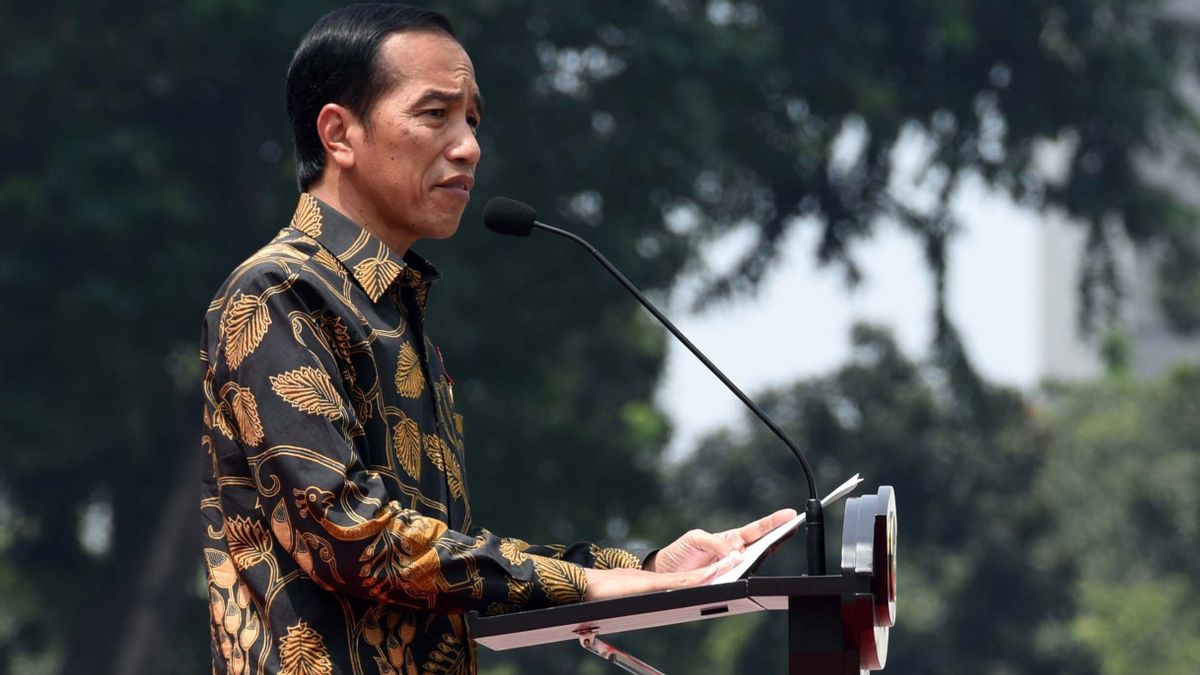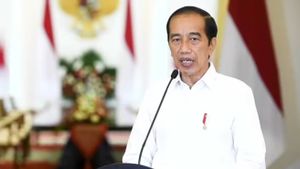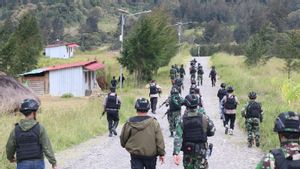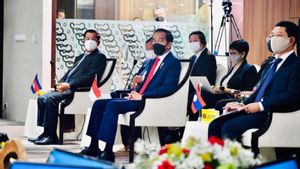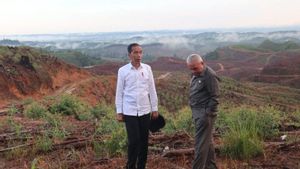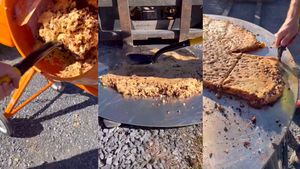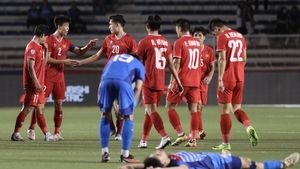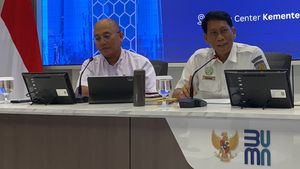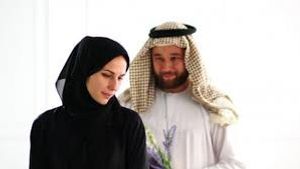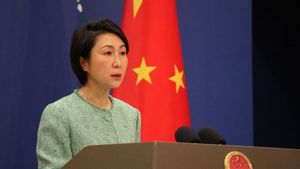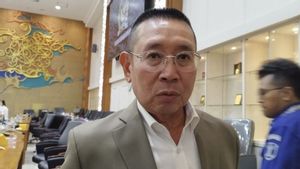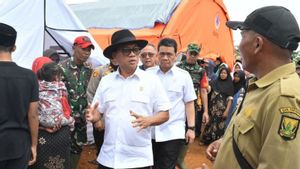JAKARTA - President of the Republic of Indonesia (RI) Joko Widodo (Jokowi) hopes that the transportation of goods to underdeveloped areas will continue to be boosted. Jokowi also assigned the Coordinating Minister for Maritime Affairs and Investment (Menko Marves) Luhut Pandjaitan to form a task force to coordinate and oversee the smoothness of subsidies for the transportation of goods to remote and outskirt areas of the Republic of Indonesia.
President Jokowi's directive is contained in Article 20 of Presidential Regulation (Perpres) number 27 of 2021 concerning Implementation of Public Service Obligations for Transportation of Goods from and to Disadvantaged, Remote, Outermost, and Border Areas.
"To ensure the smooth implementation of duties in monitoring the implementation of public service obligations for the transportation of goods as intended, the coordinating minister in charge of government affairs in the maritime and investment sector forms a task force," wrote paragraph (2) of Article 20, quoted by VOI, Tuesday, April 27.
The task force consists of ministries and related institutions, including the Ministry of Trade, Ministry of Transportation to the Ministry of Maritime Affairs, and Fisheries.
For information, Presidential Decree 27 of 2021 itself was issued to replace Presidential Decree 70 of 2017 which has not been optimal in reducing disparities in the price of goods. In fact, this regulation should be able to guarantee the continuity of the delivery of goods from and to underdeveloped, remote, outermost, and border areas.
The implementation of public service obligations for goods transportation referred to in the Presidential Decree includes land, sea, and air transportation services. Article 2 of the Presidential Decree states that goods or commodities are transported from basic necessities to livestock and fish as well as return cargoes originating from areas visited by goods or commodities transported by sea, land, and air.
In this case, the minister of trade is tasked with coordinating with local governments in regulating the distribution of goods, data collection, monitoring, and evaluation of the types, quantities, and prices of goods from and to each region.
Furthermore, Article 5 of the regulation describes the obligation of public services for the transportation of goods at sea starting from carrying out freight shipping based on tariffs and Route Networks stipulated by the minister and announced transparently on the IMRK portal, to considering the efficiency and smoothness of freight transportation.
SEE ALSO:
Then, the Minister gave an assignment to PT Pelayaran Nasional Indonesia (Persero) or PT Pelni as the operator of goods transportation at sea. The Minister can also select other service providers in accordance with the provisions of laws and regulations in the field of government procurement of goods/services if there is a limited fleet from Pelni.
"Every item transported through the Implementation of Public Service Obligations for the Transportation of Goods at sea must be equipped with a Shipping Instruction," reads Article 9 of the Presidential Decree.
Meanwhile, for the transportation of goods on land, the implementation of public service obligations includes road transportation and ferry transportation. In this case, the minister assigns Perum DAMRI for road transportation, and/or PT ASDP Indonesia Ferry for crossings.
Furthermore, regulations for the transportation of goods in the air are implemented through the AirBridge program, namely cargo pilot aircraft and subsidized cargo aircraft activities.
The AirBridge Program is carried out by the Minister by assigning SOEs engaged in air transportation to subsidize air cargo transportation and/or the auction process or other forms.
Funding required in the implementation of public service obligations for the transportation of goods comes from the State Revenue and Expenditure Budget (APBN), Regional Revenue and Expenditure Budget (APBD), and/or other legitimate sources in accordance with the provisions of laws and regulations.
The English, Chinese, Japanese, Arabic, and French versions are automatically generated by the AI. So there may still be inaccuracies in translating, please always see Indonesian as our main language. (system supported by DigitalSiber.id)
